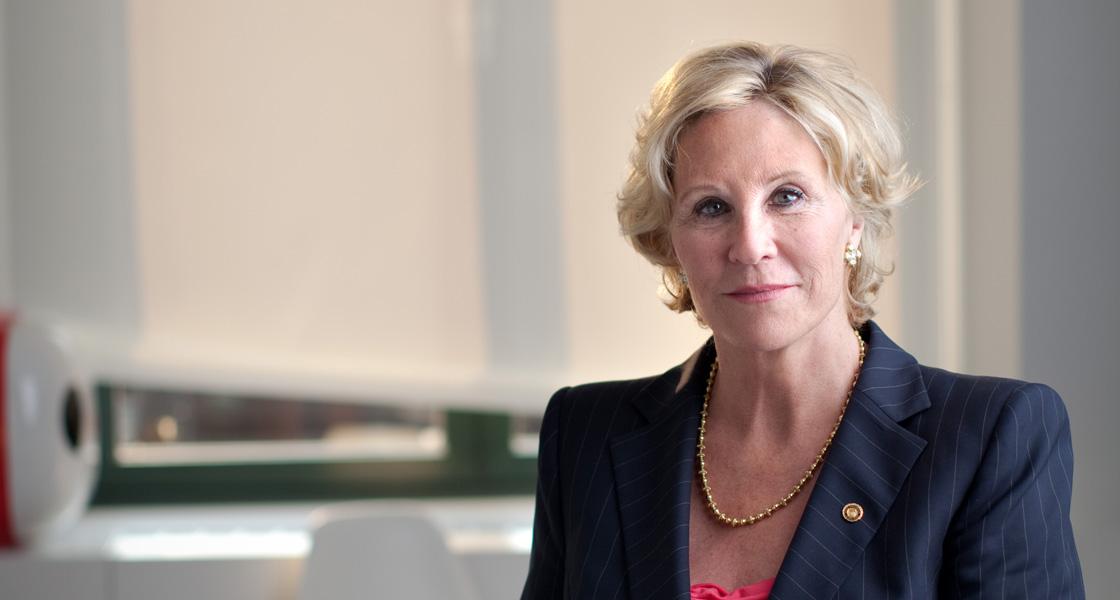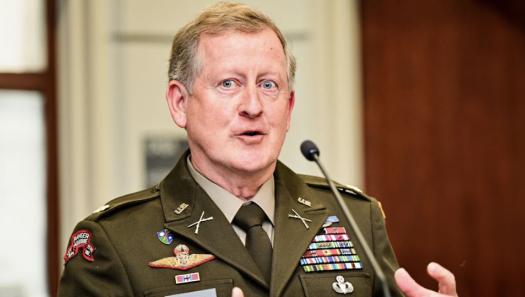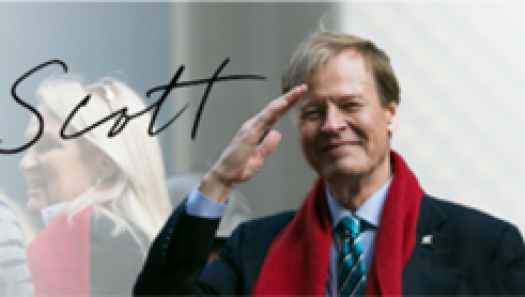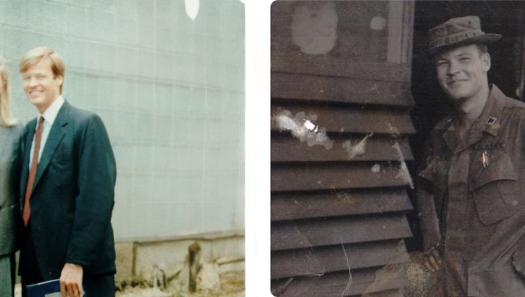Military & Veterans Life
Cover Story: Gender Equality in Sports Has Come a Long Way. But There’s Still More Work to Be Done. Here’s How the IOC Is Leading the Way.
Donna de Varona

Editor's Note: Veterans Advantage Advisory Board Member Donna de Varona, who is also the spouse of an Army National Guard veteran, has a storied career in creating rights for women in collegiate sports, ever since she was thrust onto the global stage as a two-time swimming gold medalist. On the International Day of Sport for Development and Peace on April 6, she also addressed the current state of gender equality.
Today, on the United Nations (UN) International Day of Sport For Development and Peace, we are reminded of the unifying power of sport and its role in sending a message of peace and equality for all. The field of play offers a powerful platform for social change — for dismantling barriers and building bridges, and for bringing people together regardless of race, nationality or gender. Yet, discrimination against women persists in many areas, including in the athletic arena, even as attitudes around gender-based stereotypes continue to evolve.
As an Olympian myself — and as a broadcaster who started covering the Olympics at age 17 — I have seen firsthand how participation and access to sports can help to close the gender gap.
Sports can and do have a positive influence on the advancement of gender equality. Not only does the field of play provide a platform upon which to build a better world, it also allows for a space where we can promote gender equality, giving girls and women equal opportunities to benefit from sport. There is no better venue for this than the Olympics. Every country competing must follow the same rules and play on the same field – and having the opportunity to represent your country and meet strong, talented women from around the world opens up your perspectives. The Olympics become an equalizer within women's sports.
Playing sports empowers female athletes with the skills and confidence to survive and thrive in the world today, on and off the field. Individual and team sports have the power to transcend the boundaries of gender, religion, race and nationality. They promote health and wellness, self-confidence, decision-making and social skills, and, above all, perseverance. Women in sport smash gender stereotypes, providing inspiring role models for all girls, and portraying gender equality.
Opening Up Opportunities
While we've come a long way in leveling the playing field in terms of gender equality, it wasn't always this way. When I competed in the Rome 1960 Summer Olympic Games, and in the Tokyo 1964 Summer Olympic Games, the opportunities and resources available to female athletes were extremely limited. Women competed for less than one-third of the medals. The first women's Olympic team sport — volleyball — was only added in Tokyo — forget the marathon, forget basketball and soccer, and never mind how the press portrayed female Olympic athletes at that time. It was not until 1972, with the passage of Title IX, which I proudly helped champion, that things began to change.
I started fighting for Title IX when I began working as the first female sportscaster on television. And when the U.S. Congress approved this game-changing legislation, which opened the doors for nondiscrimination on the basis of gender in any American school that received federal funding, athletic directors at educational institutions had no choice but to make way for female athletes.
How we look at gender in sports was also forever changed. The numbers speak for themselves. Following the passage of Title IX, there has been a 545 percent increase in the number of women playing college sports, and a 990 percent increase in the number of women playing high school sports. This has led to generations of able, confident leaders who take the lessons they learn in competition and on the field into boardrooms, embassies, offices and homes. In fact, 90% of female CEOs were once competitive athletes.
I couldn't be more encouraged about the progress this landmark legislation helped usher in. But we still have to do more, and we all have a role to play in continuing to bridge the gender gap in sports.
Creating Change
As the leader of the Olympic Movement, the International Olympic Committee (IOC) also has a responsibility to take when it comes to gender equality.
Today, through the IOC is following through on its commitment to using sports to advance the rights and wellbeing of women and girls around the world, and ensure that changes are reflected not just on a field, but at the point of decision-making in sports. Among the many actions the IOC is taking is the bold step of calling for growing female participation at the Olympic Games to 50 percent, as stated in the Olympic Agenda 2020. But it doesn't stop here. The recommendations also call for more female officials, coaches and heads of Olympic commissions and sports federations. Change must be driven from and reflected by the top.
Underpinned by 25 new gender equality recommendations, this goal expands upon recent advances in gender parity at the Olympic Games that I have been heartened to personally witness.
Take the Games in London in 2012, for example, where there was a 44 percent female participation rate, with women engaged in every sport of the Olympic program. Then, compare this to this year's PyeongChang Winter Olympic Games, where a record 1,242 female athletes competed, participating across all seven winter sports. This year we saw the highest percentage of female Olympians competing in the history of the Winter Games globally too. For instance, Nigeria, India and Togo sent female athletes to compete in the Games for the very first time.
The opportunity we have in the Olympic Movement to inspire young girls to pursue athletics — and athletic greatness — and how we frame the discussion around gender equality in sports, is crucial. We've been having this discussion for a long time, but now is the time to take bigger and bolder steps forward in the race towards true gender equality in sports.
What Must Be Done
Even amid recent gains within the Olympic movement and beyond — and with ever-increasing support for female athletes everywhere — we must forge ahead with more reforms.
It will take the cooperation of sporting federations, officials, commissions and executives to say that we will all come together with our best efforts and events — because we're going to build for the future with gender equality as a top priority.
We must also position more women as top decision makers in leadership roles in sports – including broadcast networks, commissions, governing bodies and university athletic departments. As more female athletes and officials are emboldened to speak up and speak out at every level, change is inevitable.
Progress will also stem from legal action, building on the legacy of Title IX. Change will not, however, take place merely because we put new policies in place. We have to find ways to effectively implement gender equality policies, and there have to be consequences if you don't.
We can only be the change we wish to see if we rally around our cause and mobilize our skill sets to take action, to enact effective change together. Only then can every female athlete fully realize her dreams through sport.
Donna de Varona is a two-time Olympic Gold Medalist in swimming, an Emmy Award-winning sports broadcaster and a member of the International Olympic Committee's Women in Sport Commission. De Varona made her sports broadcasting debut on ABC's Wide World of Sports at the age of 17, becoming the youngest and first female sportscaster for a national network. The veteran gender equality in sports activist has covered some 18 Winter and Summer Olympic Games. She is also the first woman to co-host a late-night Olympic Games telecast for a major TV network.


